Racist Phrases to Remove From Your Mental Lexicon
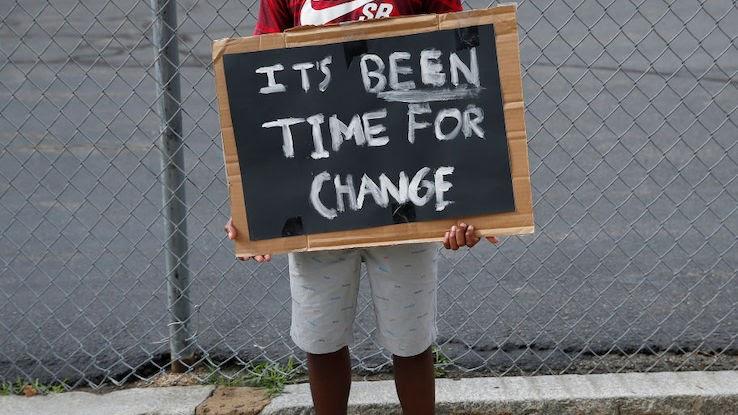
While systemic and other covert forms of racism are insidious, the unfortunate truth is that racism is present in every facet of our society, from our education system to our everyday social interactions. Additionally, much of our casual language is steeped in racism — even phrases that we might not consciously associate with race.
Part of our responsibility to become actively antiracist means confronting the pervasive, unconscious applications of racism, including widely used phrases and idioms that we might not know have racialized roots. These are a few of those phrases with racist origins to remove from your vocabulary moving forward — along with some appropriate alternatives you can replace them with.
“The Peanut Gallery”
The phrase “the peanut gallery” has been applied to a wide array of circumstances since it came to prominence in the vaudeville era of the early 20th century. These days, the statement is used to describe cheap seats in a theater and to label negative or uninformed critics in a crowd. At one point, it was frequently associated with Charlie Brown and his pals, who were nicknamed “The Peanuts” (derived from the “Peanut Gallery,” which is where children sat during the 1940s’ Howdy Doody show). As a result, this phrase has been widely normalized in critical and entertainment-centric conversation. However, its roots definitely don’t lie in children’s television programming.
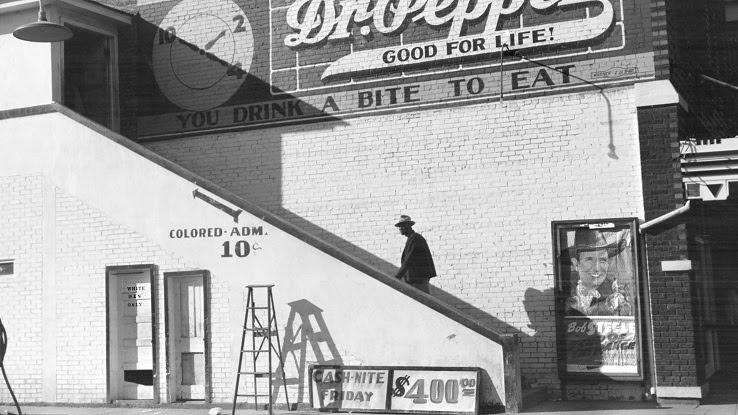
The roots of the phrase do originate in theater seating, yet the intention of the statement is far more sinister than it appears. Rather than describing the cheapest seats, “the peanut gallery” was initially used to distinguish where Black patrons were forced to sit, apart from white patrons, in the 19th and 20th centuries. The seats were typically much farther back from the stage than those reserved for white patrons, and the treatment of those in the “peanut gallery” by staff and white theatergoers was cruel and prejudicial. Rather than calling a group of uninformed commentators “the peanut gallery,” shift your choice of wording to “hecklers” (or simply “lousy commentators”) instead.
“Grandfathered In”
In modern conversations, “grandfathered in” is often used to describe when someone is exempt from new rules or regulations and can abide by previous rules due to their seniority in a position, job or organization. The current applications of the phrase can have legal and social connotations today, but the statement’s origin is rooted in racist politics. The phrase is derived from “the grandfather clause” that was created during the Reconstruction Era and followed in several Southern states. This clause prevented Black Americans from voting in elections for several generations.
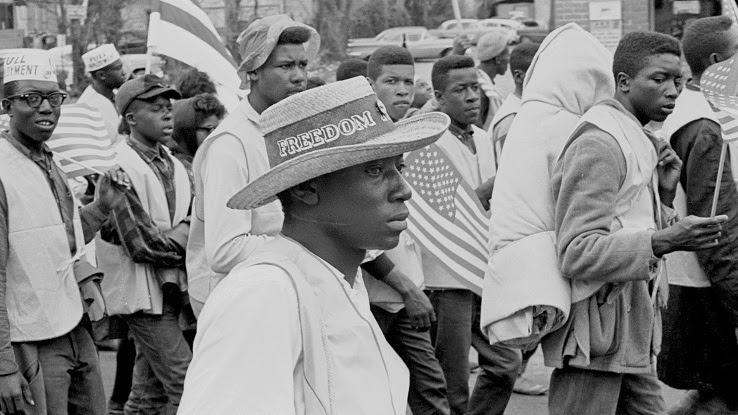
After 1867, Southern racists were worried that free Black citizens might be granted the right to vote and have their voices elevated to a level of more equality with white people. As a result, lawmakers put together a list of rules that voters had to meet in order to cast their ballots, including paying taxes, owning property and being literate. However, these rules only applied to anyone who wasn’t able to vote before 1867. Some states exempted people from these rules if their grandfathers were allowed to vote, hence the origin of the phrase, and this allowed poor and illiterate white people to continue voting while preventing Black people from doing so.
All the white male citizens who already had the right to vote weren’t required to meet these standards under the “grandfather clause.” And because slavery wasn’t abolished until 1865 and Black Americans weren’t granted the right to vote until the 15th Amendment was passed in 1870, this prevented many Black voters from casting ballots until well into the mid-1900s. “Grandfathered in” refers directly to Black voter suppression, which has left generational wounds in the Black community and continues to do so. Rather than leaning on this phrase, a word like “exempt” can help you describe the condition of not being required to follow updated rules.
“Tipping Point”
The phrase “tipping point” is often used to describe a moment in which circumstances result in a massive change, often from a buildup of actions that have finally peaked to shift the status quo. Merriam-Webster defines it as “the critical point in a situation, process or system beyond which a significant and often unstoppable effect or change takes place.” Still, the racist origins of this phrase cannot be ignored, despite its modern social applications. In the mid-20th century around the 1950s, the phrase “tipping point” was coined to describe the exodus of white families moving out of neighborhoods that had higher numbers of Black residents.
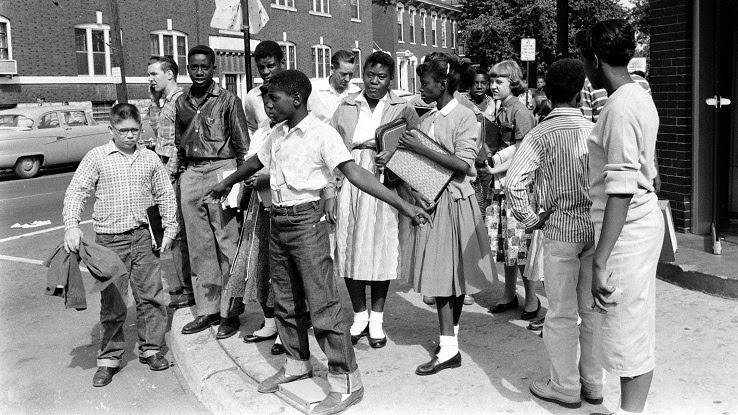
This “white flight,” as it’s known, was sparked by the “tipping point” when the Black population in a neighborhood began outnumbering the white population. White residents would relocate to areas — usually leaving cities in favor of the burgeoning suburbs — that represented their racial demographic. As a result, systemic racism terrorized neighborhoods that were predominantly occupied by Black citizens.
These neighborhoods became underfunded and highly policed, and they lacked adequate social and financial resources. The impacts of these divides are still observable in present-day neighborhoods that were around during this time, and those which remain predominantly Black are still threatened by similar mistreatment. As such, the phrase “tipping point” has outstayed its welcome in casual vocabulary. Phrases like “milestone” or “moment of truth” are good alternatives, and you can also use “watershed moment” or “crossroads” to describe an event when conditions flip quickly.
“Cakewalk”
If you’ve ever found yourself describing something as a “cakewalk” because it felt absurdly easy, you’re not alone. For most people who use it these days, calling something a cakewalk has become a way of saying that something was much simpler or less grueling than they expected it to be. However, the phrase’s sweet-sounding wording is not free of racial connotations. In fact, its origins take root in slavery.
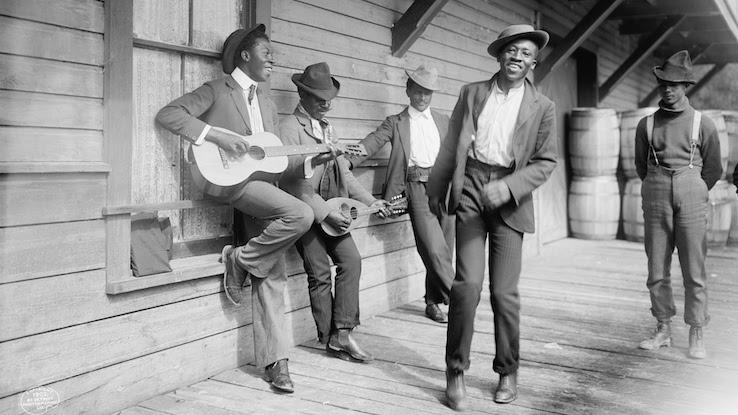
Before people started using the word to refer to an easy task, the cakewalk was a literal dance. It was created by African people who were enslaved during the Antebellum period. They came up with the dance as a way to poke fun at white ballroom dancing that was popular in the 1800s before the Civil War. The cakewalk exaggerated the grandiose, stiff movements seen in dances like the waltz.
While the cakewalk was meant to draw humorous attention to the uptight dancing preferred by the white elites of America, many plantation owners believed that the dances were an expression of fondness for or jealousy of white society. They would frequently hold and judge contests requiring enslaved Africans to perform their best dance, and the winner was awarded a prize. While initially these dances were called prize-walks, the prize was typically an elaborately decorated cake — and from that, a “cakewalk” was born.
Later on, plantation owners were the ones to spread the cakewalk far and wide. This caused a plethora of white people across the country to appropriate the dance from the enslaved people who created it, often performing the movements in offensive minstrel shows while wearing blackface. If this — or “takes the cake,” which shares the same origin — is one of your go-to phrases, there are plenty of available alternatives to calling something simple a “cakewalk”; try “a breeze” or “a walk in the park.”





